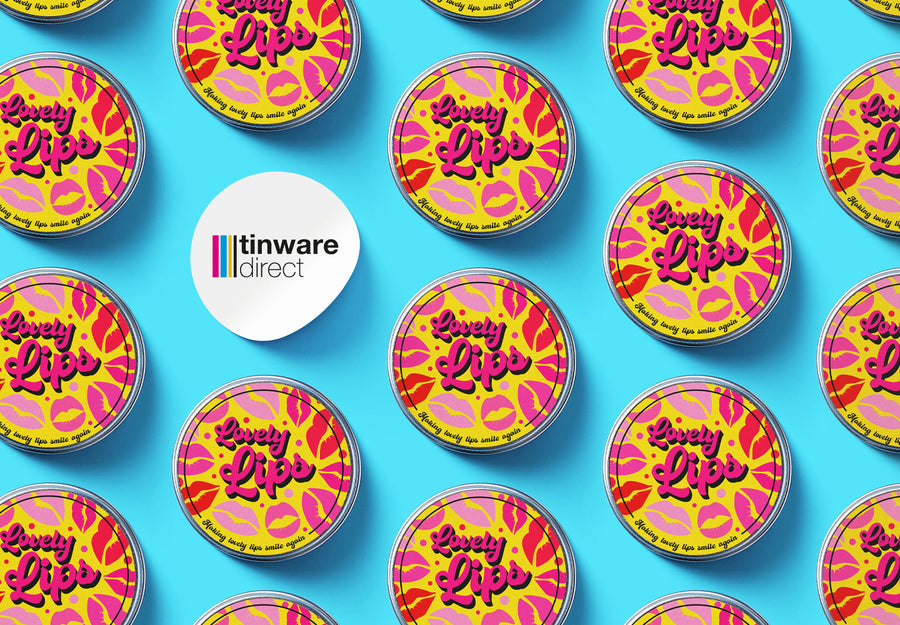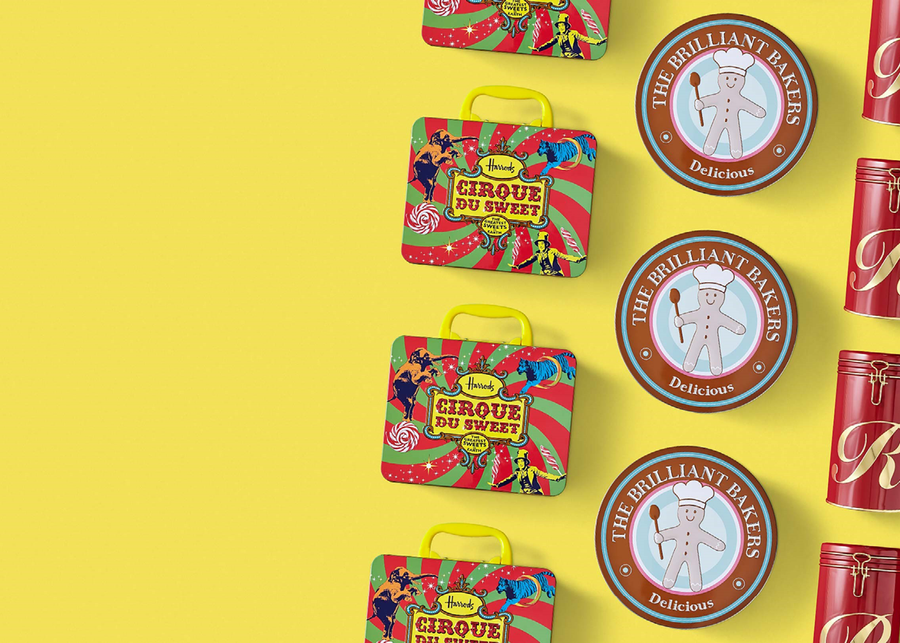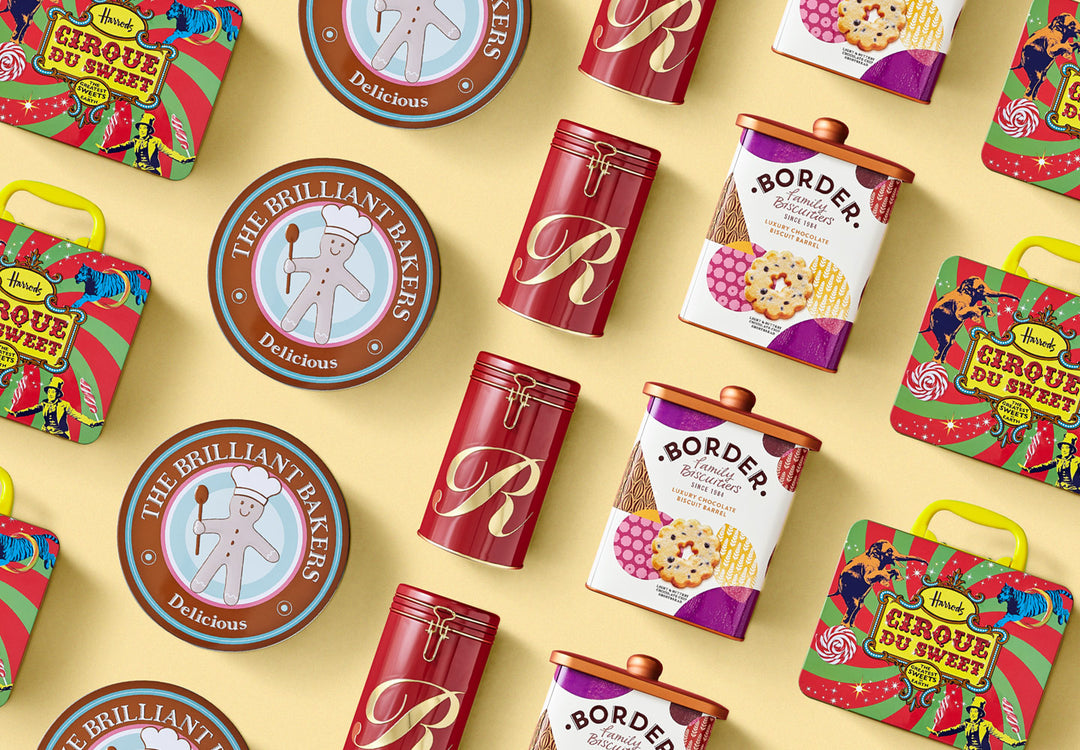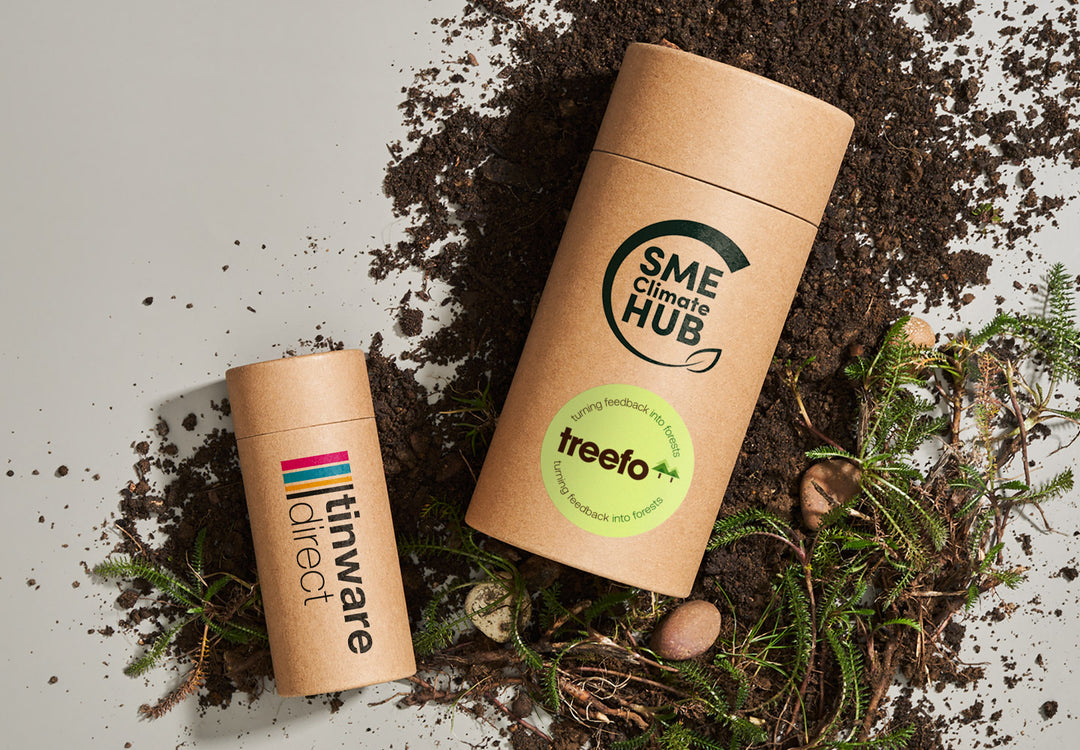How To Boost Your Small Business with Social Media Marketing

In today's digital age, social media has become an indispensable tool for businesses of all sizes. Whether you're a start-up looking to make your mark or an established company aiming to expand your reach, leveraging social media platforms can significantly boost your marketing efforts. With billions of active users across various platforms, social media offers a unique opportunity to connect with your target audience, build brand awareness, and drive sales. In this blog, we'll explore how to give your small business a boost with the right social media marketing.
Understand the Power of Social Media for Small Businesses
Social media has revolutionised the way businesses communicate with their customers. For small businesses, it offers an invaluable platform to reach a broader audience without the need for a hefty marketing budget. By leveraging social media, you can build brand awareness, engage with your audience, and drive traffic to your products.
Understanding the nuances of each platform is crucial. For instance, Instagram is highly visual and perfect for showcasing product designs, while LinkedIn is more suited for B2B interactions. Knowing where your target audience spends their time online will help you tailor your efforts for maximum impact.
Create Engaging Content that Resonates with Your Audience
Content is king, but not just any content will do. For your small business to thrive on social media, you need to create posts that resonate with your audience. This means understanding their needs, preferences, and pain points. Use storytelling to humanise your brand and make it more relatable on a personal level. Ultimately, customers want to understand there are real people working behind the scenes of your company who they can connect with.
Engagement is key. Ask questions, run polls, and encourage user-generated content to foster a sense of community. Share behind-the-scenes looks at your processes or highlight customer testimonials to build trust and credibility. Give customers a window that offers a snapshot of your team, your business model, and what makes your company special.
Leverage Visual Platforms to Showcase your Products
Visual content is highly effective in capturing attention and conveying your message quickly. Platforms like Instagram, Pinterest, and Facebook are ideal for showcasing your products through high-quality images and videos. Make sure your visuals are consistent with your brand aesthetic and message.
Consider using features like Instagram Stories or Facebook Live to provide real-time updates and connect with your audience in a more personal way. These tools offer an excellent opportunity to showcase new product launches, behind-the-scenes footage, and customer interactions.
Build a Strong Social Media Strategy
A robust social media strategy is essential for long-term success. Start by setting clear goals, whether it's increasing brand awareness, driving website traffic, or boosting sales. Next, identify your target audience and choose the platforms that best suit your business.
Consistency is crucial. Create a content calendar to plan your posts in advance and ensure regular updates. Monitor your performance and adjust your strategy based on what works and what doesn't. Remember, social media is a dynamic environment, and staying adaptable is key.
Showcase your packaging
Packaging is often the first physical interaction a customer has with your product, making it a powerful marketing tool. Use social media to highlight the unique aspects of your packaging. Share unboxing videos, customer reviews, and behind-the-scenes looks at your packaging design process.
Emphasise the sustainability of your packaging if applicable. Consumers are increasingly looking for eco-friendly options, and showcasing this aspect can set you apart from competitors. Use hashtags and tags to increase the visibility of your posts and reach a broader audience.
Measure your Success: Analytics and Adjustments
To ensure your social media efforts are paying off, it's crucial to track your performance using analytics tools. Platforms like Facebook Insights, Instagram Analytics, and Twitter Analytics offer valuable data on engagement, reach, and audience demographics.
Use this data to make informed decisions and adjust your strategy as needed. Identify which types of content perform best and replicate that success. Regularly review your goals and KPIs to ensure you're on track and make adjustments to optimise your social media marketing efforts.
While it’s difficult to measure the true impact of a social media campaign, it can draw attention to your brand and create opportunities for direct or indirect sales in the future.







